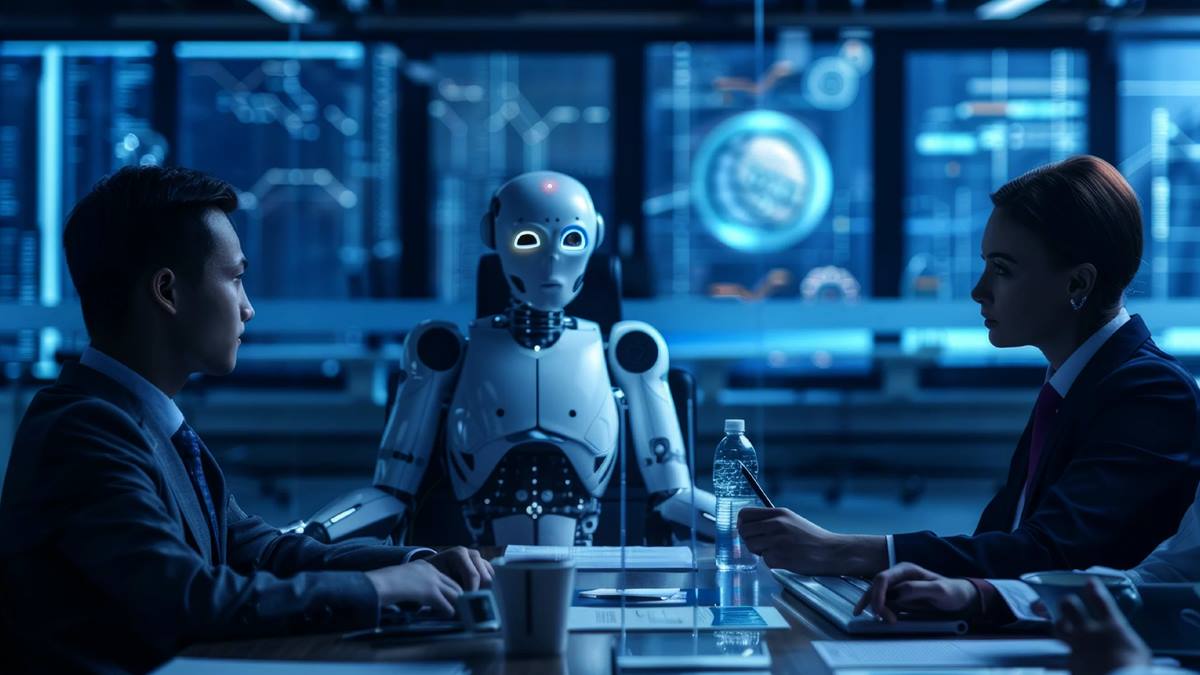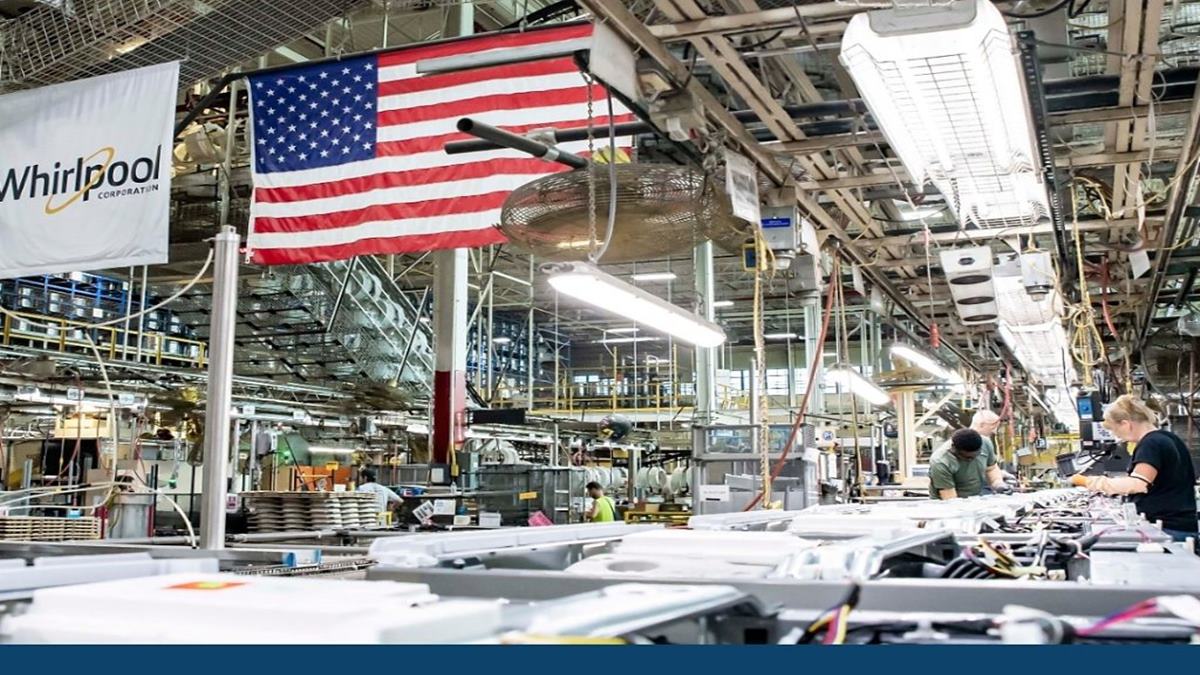While many fear that artificial intelligence is killing their careers, there is now new data to back it up. According to a recent paper, AI is indeed coming for certain people’s jobs.
Stanford University professor Erik Brynjolfsson, along with research scientist Ruyu Chen and postgraduate student Bharat Chandar, analyzed millions of payroll records from ADP, the largest payroll provider in the U.S., from late 2022 to this summer to learn who is being most impacted by AI disruption.
Analyzing data from this timeframe is revealing because late 2022 is when OpenAI’s ChatGPT was introduced to the masses. Since then, AI has become a dominant force in our lives, upending whole industries and creating an anxious workforce that worries about being replaced.
But not everyone is affected in the same way. What the researchers found was that one age group, in particular, is vulnerable to AI displacement ― and it might not be who you think.
Entry-Level Workers Under 25 Are The Most At Risk Of Losing Jobs To AI
“The AI revolution is beginning to have a significant and disproportionate impact on entry-level workers in the American labor market,” the Stanford study stated. In the most AI-exposed fields, like software development and customer service, workers ages 22–25 “have experienced a 13% relative decline in employment.”
This finding held even when researchers accounted for factors like interest rate changes, more people being hired after COVID, and remote-friendly jobs.
Chen, one of the study’s authors, told HuffPost that the reason young people are especially vulnerable is that AI is great at doing “textbook knowledge” that college students learn to do.
“Entry-level workers are doing some very well-defined tasks” like analyzing large sets of coding data and basic production work, Chen said. And “AI is pretty good at handling those tasks.”
That’s why older workers have an advantage. While employment opportunities for young people under 25 have shrunk, according to the study, employment for older workers ages 35–49 actually grew during this time period.
That’s because for this age group, hard-won, on-the-job training is invaluable. “They have so much intensive knowledge that AI is not able to replace. They know they can handle customer relationships. They have some firm-specific experience,” Chen said.
David Kryscynski, a professor of human resource management at Rutgers University, said the Stanford paper’s findings align with what he has seen in his research.
“It is much easier for companies to simply not hire new workers than it is to downsize, so it makes sense that this age group would be disproportionately affected,” Kryscynski said.
But Kryscynski doesn’t think older, more experienced workers should come away from this study feeling like their jobs are safe from AI.
“They may be safer for now, but I doubt this safety will last long. Companies will face difficult challenges as AI continues to improve, and they will be forced to reskill,” Kryscynski said. “Age will probably be less important than job type and skills.”
What Can Young People Do To Avoid Getting Replaced By AI
For young people who have been worrying whether the tough labor market is in their heads, the study provides grim confirmation that it’s not.
But all hope is not lost. Some jobs that AI can’t yet automate are actually booming for young people under 25, such as working as a nursing and home health aide. For “health aides, actually, the employment for younger workers is increasing because health aides require lots of social interactions,” Chen said.
But if you are in this age bracket and don’t want to work this kind of job, focus on building unique human skills that AI cannot yet do.
“Carefully consider your abilities to socially interact with other humans, your empathetic skills, your soft communication skills, your leadership abilities, your ability to navigate conflict situations gracefully, your tools to manage morally ambiguous situations,” Kryscynski said.
And when you can, do “cognitive pushups,” he added. Research finds that people who are less experienced at a task rely more heavily on AI-generated answers ― which can often be wrong ― and exert less critical thinking. But wrestling with thorny projects and learning how to deal with difficult co-workers are how you grow.
“One of the things we are seeing with AI is that it makes things too easy. We are seeing a decrease in willingness to struggle through hard things in this newer generation of employees,” Kryscynski said. “If you want to stand out in the future workforce, then avoid offloading your thinking to AI and purposefully invest in challenging tasks that will challenge your brain to connect complex ideas, wrestle with moral ambiguities.”
“There will be a difference between those who are replaced by AI and those who are running the AI in the future, and I suspect that one of these key differences will be about willingness to struggle through challenging cognitive tasks,” Kryscynski said.
Source – https://www.huffpost.com/entry/ai-replace-workers-study_l_68cd89e6e4b01c2e8cb60aeb




















